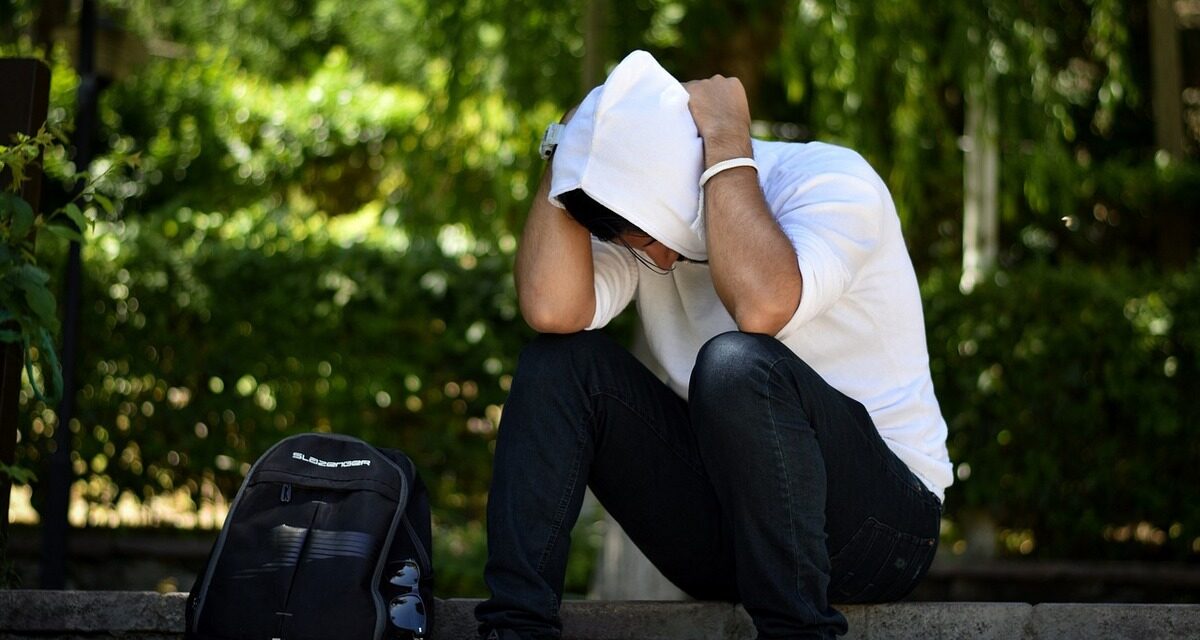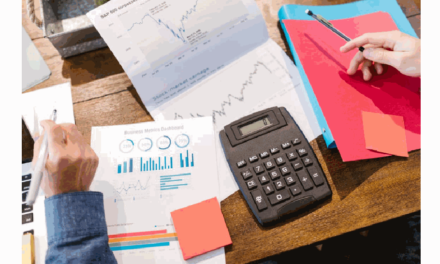The right-wing forces profited from the growing hopelessness and pessimism.
"Of course we are stressed about school. But it's also frustrating when I read the news on my mobile phone. The uncertain world situation, the wars, the climate. I have no idea what my life will be like in 20 years," the young people tell the German public media ARD . They reacted to the survey, during which it was revealed that young people have never been so pessimistic as they are now. According to the study Young People in Germany
this is reflected in high levels of psychological strain, such as stress, reported by 51 percent of respondents. The same applies to exhaustion (36 percent) and helplessness (17 percent), which have continued to rise over the past three years despite the abatement of the coronavirus epidemic. 11 percent of respondents claim that they are currently receiving treatment for mental disorders.
They are also worried about the economic situation. The majority of respondents believe that the economic situation in Germany will deteriorate.
"Our study documents a deep-rooted mental insecurity, which is associated with a loss of confidence in the influence of personal and social life circumstances"
says Simon Schnetzer, author of the study.
Young people in Germany feel powerless due to inflation (65 percent), expensive housing (54 percent) and poverty in old age (48 percent), as well as the division of society (49 percent) and the increase in the number of refugees (41 percent). The right-wing Alternative for Germany (AfD) party benefited the most from all of this.
The AfD managed to win over those who would vote against some of the parties of the government coalition, and the party also found answers to the current problems of young people. According to the survey, the AfD is currently the most popular party among voters under the age of 30 with 22 percent. By way of comparison: in 2022, this rate was only 9 percent, reports the V4na.com news agency in its summary.
Photo: Hamed Mehrnik / Pixabay













